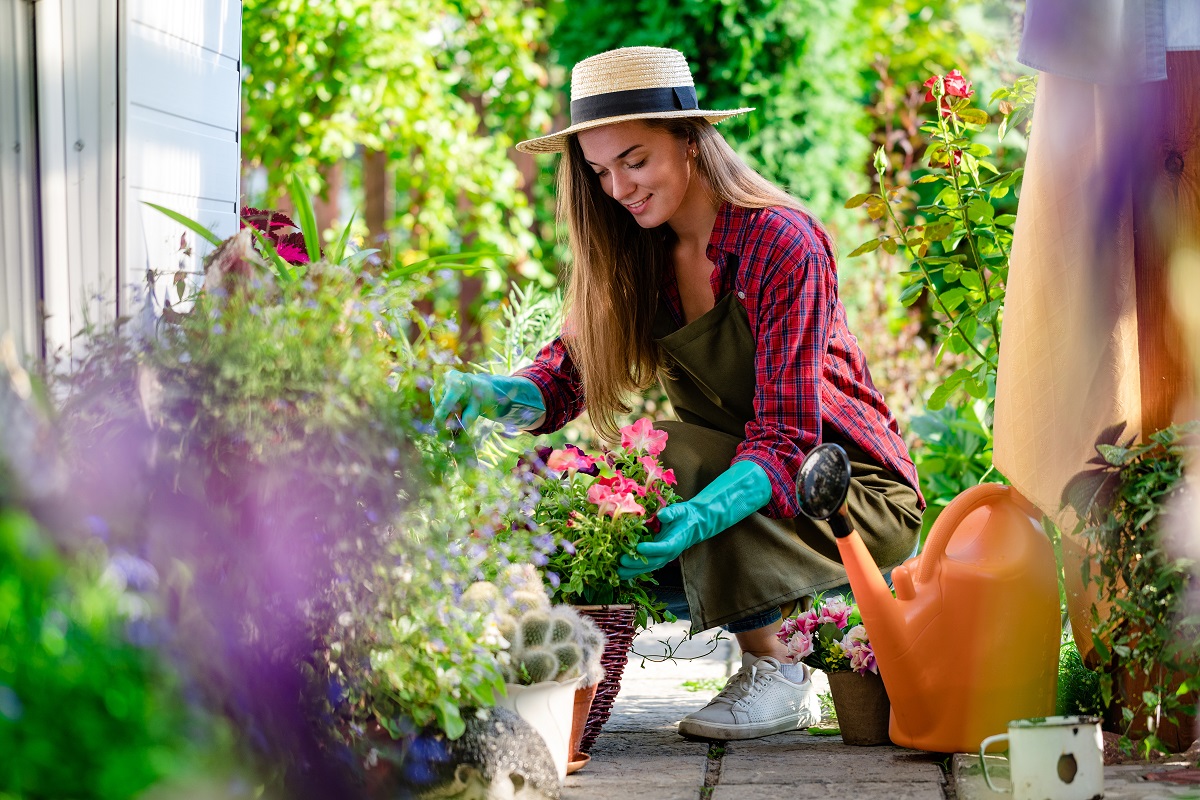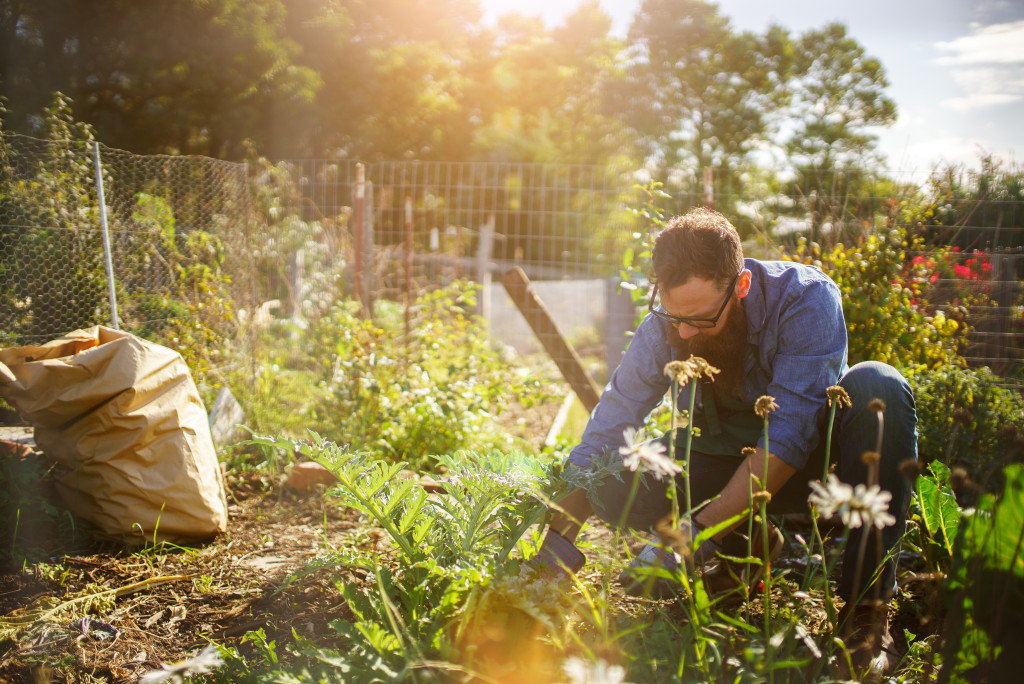Growing a neat little garden can be very rewarding. It is especially true if you put in a lot of time to make it sprout. Nothing feels better than eating your first ever harvest. From broccoli, cauliflower, and tomatoes, to carrots, potatoes, and onions, you can grow anything on well-tilled earth.
Aside from being an enjoyable mini-exercise, tending to a garden has mood-boosting elements as well. It can be your source of healthy produce when the farmer’s market is unavailable over the weekend. Organic spices can be grown to accent your meals can be home made.
Unfortunately, common domestic vermin are the kryptonite of home gardening. They multiply fast, spread disease, and consume most crops. You don’t want to wake up one morning to find that your produce is ruined by a bunch of squirrels or gophers. Unfortunately, most pesticides are to too toxic to be used for a small garden. But thankfully, there are easy remedies to protect your beloved plot.
Unleash Your Pet
Let Cooper loose and allow him to run around your home. Since the dawn of time, dogs and cats have been the natural predators of typical household vermin. According to a study in 2017, it is reaffirmed that domestic pets create an atmosphere of alarm for pests. Rodent activity will be diminished when the prey realizes a predator controls an area. Dog and cat waste, when spread out in the borders of your property, can deter the entry of most vermin. To make things worse for vermin, studies have shown that the combined presence of dogs and cats lessened pest activity to an even greater extent. Having both a dog and a cat is nothing short of advantageous to a homeowner.
Place a Durable Fence
Better yet: seal all the access to your backyard garden. Line your property with appropriate fencing. To properly keep off potential pests, place the fencing deep underground. Most vermin will not get past a fence that is deep enough to meet the bed rock. Also, fencing material can not be understated. Aluminum fencing is the way to go so no rodent can chew or gnaw through the material. You may also choose to electrify your fence if you are feeling extra hardcore.
Use Traps
Classic humane traps are still great deterrents of pests. A properly placed rat cage trap in their usual pathways will discourage them to continue using the same path. Glue traps will also do the trick.
Remove Their Nests
Vermin tend to multiply fast. Most pests will try to build nests inside and around your property. Once you locate them, make an effort to remove them. Covering the nesting location back with dirt will thwart any future plans of rodents to rebuild. Relocating their young to a farther location is a win for your garden.

Trim the Shrubbery
Cutting off the tangles of roots and branches is also a great way to reduce the number of vermin. Shrubs, weeds and roots can make great homes for rodents. By cutting and pulling their natural habitat off, we are decreasing the chances that they take estate and build.
Place Natural Plant Repellents
Natural repellents are the best in controlling pests. Mint plants are famous for being too potent for mice’s liking. Planting them around your mini-garden will provide a natural barrier against most urban vermin. As bonus, you can use their leaves for your tea.
Garden additions like daffodils release a scent that keeps most of the vermin away. Summer flowers like marigold and lavender are too much for mice, raccoon and squirrels. Also, as a treat for your cat, planting catnip can double up as a deterrent for many pests.
Grow crop like garlic. Garlic is a very aromatic plant that you can add to the roster of crops that fight off vermin. By spraying garlic juice with water to your plants, most rodents will think twice before consuming the fruits of your labor.
Calling Pest Control
When all hope is lost, you can always refer the matter to a professional. Things always have a chance to go out of hand when it comes to wild animals. If the number of pests attacking your garden becomes too insurmountable, pest control professionals are great in getting to the root of the problem. The benefits will surely outweigh the costs.
To thrive, we must resort to more resourceful ways to sustain our daily needs. Planting in our own homes is one of the new things we can learn to do. Not only can we get our organic produce anytime we want, we can learn the true value of each spoonful of food we eat.

